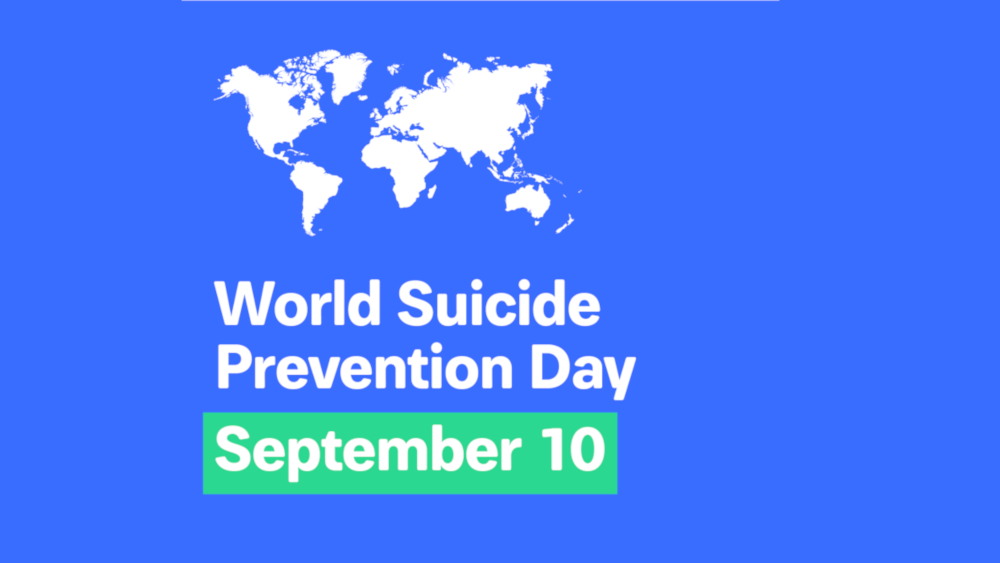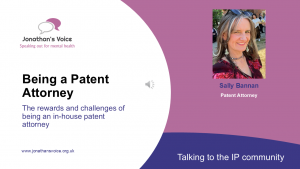Tuesday September 10th was World Suicide Prevention Day. How encouraging it would have been to report that suicide rates had dropped. The reverse is the case. In 2018 there were 6,507 suicides registered in the UK; significantly greater than that in 2017. Every one of those 6,507 deaths, an average of 18 each day, is a deep personal tragedy; men and women who are someone’s son or daughter, a family member, a valued colleague, a dear friend. Many of these suicides appear to be “out of the blue”. I know about this as my son Jonathan was one of those 2017 statistics when he took his life unexpectedly.
Mental health and well-being are talked about more openly. Well known personalities are willing to share their personal experiences. Mindfulness is being introduced into many schools. There has been an increasing interest in the potential of Mental Health First Aiders. All good.
So what next?
The IP Inclusive, CIPA and CITMA survey for Mental Health Awareness Week 2019 indicated some positive signs, but found that more than half of the patent and trade mark professionals reported being affected by stress, at least a fifth by depression and at least two fifths by anxiety. Worryingly, roughly 1 in 17 of the respondents had contemplated suicide in the previous 12 months. So, in a workplace of around 50 people, there may be three who are experiencing such seriously disturbing thoughts. Is one of them working alongside you?
He saved me because he knew how I was feeling as he had been there.
A friend recently shared that she had been in a very dark place but had eventually found the courage to approach her manager. In her words, “He saved me because he knew how I was feeling as he had been there.” In the survey cited above, well over half the respondents said they were unable to discuss mental health problems fully with their colleagues and employers. Jonathan would have been one of those statistics; he was not able to share the extent of how bad he was feeling with his friends, family or colleagues. This has driven one of the aims of the charity, Jonathan’s Voice, “to empower individuals to speak out.”
It is critical to create a culture which enables more people to feel that it is safe to share their mental health issues with employers and that having taken that step, to receive the support they need, particularly from line managers. “Line Managers are the most important link in the chain when it comes to supporting good mental health in the workplace” (Seizing the Momentum – Mental Health at Work 2018 summary report, Business in the Community 2018). Mental health and well- being is not an “add-on” but to be embedded in the organization and owned by senior managers. The effect of senior leaders sharing their own stories has been seen to have a powerful impact. “The bottom line is that health initiatives must be both top down and bottom up: they must be a whole organization approach” (Professor Avril Drummond, School of Health Sciences, University of Nottingham).
This approach is one of the “What nexts?”
Jonathan always showed an interest and a concern for all the people with whom he worked and this is a strategy he would have warmly endorsed.
Will your organization show its commitment by signing the Time to Change Employer Pledge? https://www.time-to-change.org.uk/get-involved/get-your-workplace-involved/employer-pledge#toc-1
There are excellent resources to assist in supporting employees on the IP Inclusive website https://ipinclusive.org.uk/mental-health-and-wellbeing/









